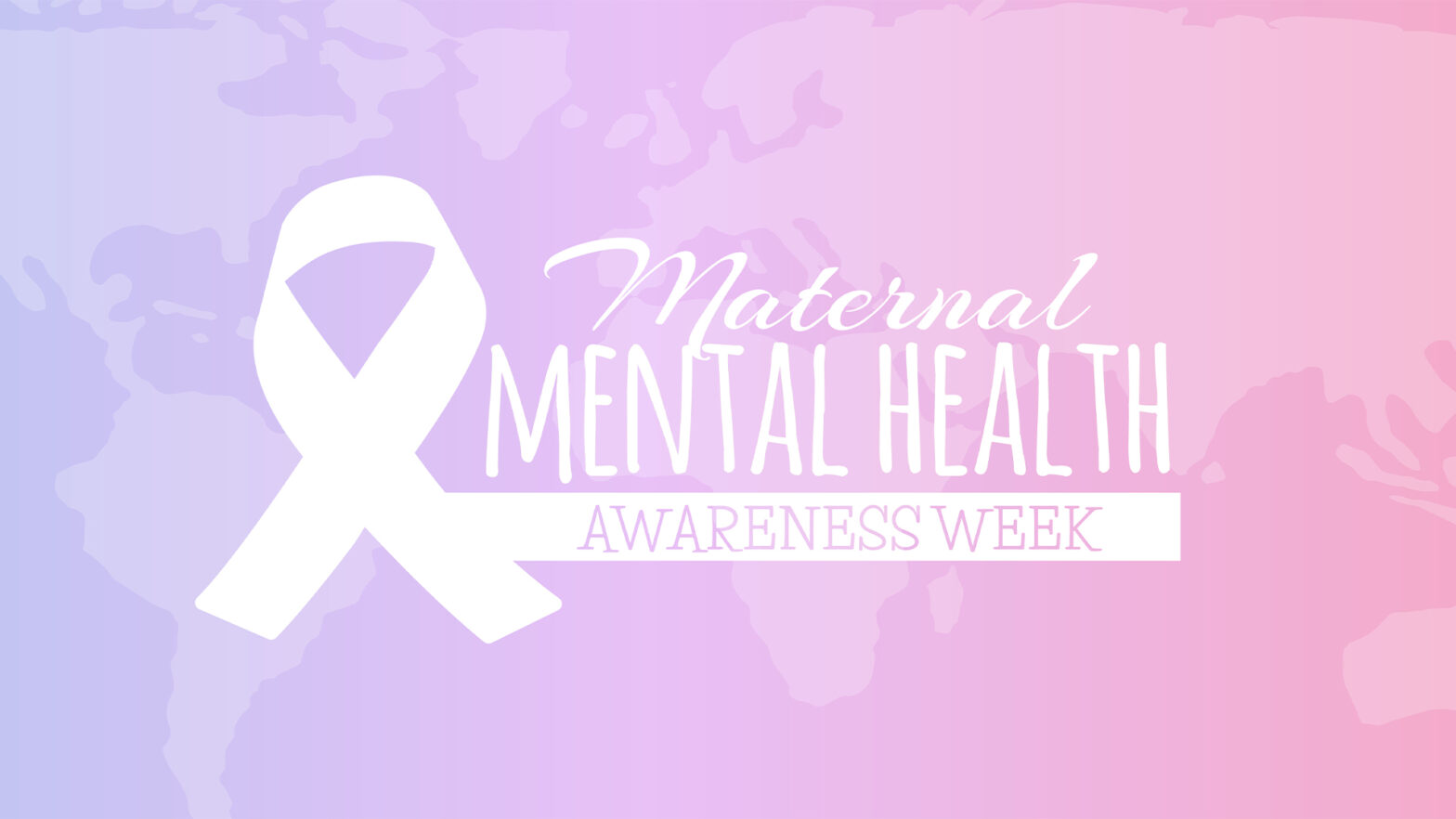Talking to a loved one about their drug or alcohol use is never easy. It’s important to find the right moment and approach, so that they don’t feel attacked or judged.
Here are some tips for having this difficult conversation, and what steps to take next so that your friend, spouse or family member makes positive progress going forward.
Don’t Beat Around The Bush
When it comes time for the actual talk, don’t beat around the bush – make sure you get straight to the point.
While it can be hard in these situations, be direct and honest with what you have observed and how concerned you are about their health, both physical and mental.
Let Them Reply In Their Own Time
Once your message has been communicated clearly, allow them space to respond in their own time without pressure from yourself or anyone else involved in the situation.
This can help them consider all options available without feeling overwhelmed by opinions and judgment, which could push them further away from finding support if needed at this time. Too much pressure causes stress, and this can have the opposite effect to the one desired.
Be Prepared For A Conversation About Their Options
Plan ahead and arrive with a range of resources they might need should they decide an intervention, such as in-patient rehab, is necessary.
For instance, find doctors who specialize in addiction treatment or seek out specialist addiction recovery centres like Fort Wayne Recovery, so that you’ve got examples of the opportunities they can grab a hold of.
Furthermore, reassure your loved one that there’s no shame attached when seeking assistance; rather than being seen as weak-minded or careless behaviour, addiction is classified as a medical condition that needs bespoke care like any other illness – it’s not something those affected should ever feel ashamed of asking for help with.
Be Clear About Boundaries
Before having the conversation, it’s important to set boundaries and establish where you stand on the matter.
This could include making clear what types of behaviour are not acceptable if they continue using drugs or alcohol, and how this might affect their relationship with yourself or other family members.
Stand By Them As They Move Towards Recovery
Make sure your loved one knows that you’re there for them no matter what, even after the initial conversation is over.
Reaffirm your commitment to supporting them through drug and alcohol detoxification recovery and offer help in any way possible. For instance, attending appointments together is a sensible move to reduce the anxiety that’s attached to first-time experiences of this scenario.
Get Educated On Addiction & Support Networks
It’s also worth doing some research into addiction as well as local support networks which may be able to provide assistance at different stages of recovery – both for yourself and your loved one, whether that’s counseling services, group meetings or online resources.
Knowing all available options can make a huge difference in providing optimal care during this difficult time. It’s even a good idea to read up on addiction, its causes, its effects and its likely trajectory, so that you can empathise with what they’re going through.
The Bottom Line
Most importantly, go easy on yourself and be prepared for tricky conversations like this to not go as perfectly as you’d planned.
There will always be obstacles on the road to recovery from drug and alcohol misuse and addiction, so resilience of spirit is just as important as having a good sense of how to help those nearest and dearest to you.

















